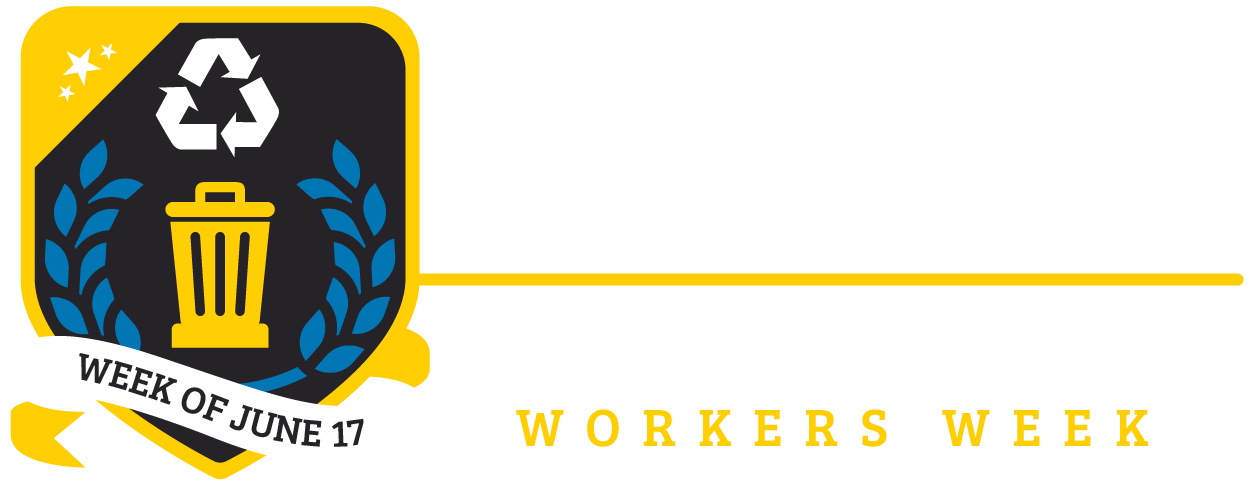Aluminum is one of the top items you see getting recycled, whether it’s from cans for soft drinks or construction components. However, it’s important to make sure your recycling preparation is on point to see the full benefits of reuse. Here’s how they factor in.
Items Accepted and Not Accepted

As a start, you need to understand that not necessarily every aluminum item you have is going to be accepted for recycling, even if you think it may be at first. The most common items you’re going to see accepted are food related, like soda cans, aluminum foil, pie pans, and other items. You can also extend this to other items made from the metal, like car parts. Most household aluminum items are going to be acceptable, and the main difference between what can be taken and what can’t generally boils down to how things are prepared. Let’s get into that next.
Preparation Of The Items Accepted
The most likely scenario when something made of aluminum gets rejected is some form of food-related item that has food residue on it. This can range from scraps to grease to any sort of biodegradable material. The reason why this is such an issue is that this residue can contaminate an entire batch of aluminum. Remember, aluminum is one of the most valuable items that you can recycle, so you want to make sure it’s processed properly. This can include simply wiping things off, washing them in the sink, or whatever you think it will take. The same can apply to cleaning excess fluid off of car parts.
In order to simplify a lot of the work of managing your aluminum recycling, Sunrise Sanitation is the perfect local resource. We help manage your waste and recyclables across West Virginia and Maryland.



